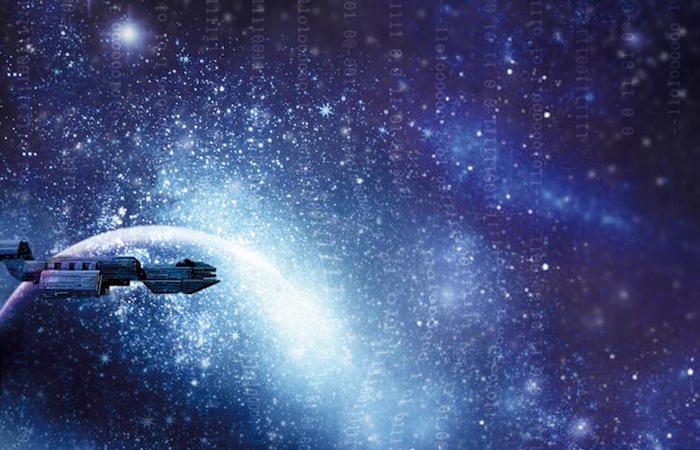Culture: The sci-fi series that shaped Elon Musk's ideas | The Business Standard
Celebrity tech entrepreneur Elon Musk founded the neuroethology company Neuralink in 2016 with the hopes of building a working Brain-Machine Interface (BMI) someday soon. BMI would let its user control computers simply by thinking. Musk needed a catchy name for this, because let's face it, 'Brain-Machine Interface' is somewhat of a clunky name. He opted for the name 'neural lace', which is shorter, memorable and obviously, more glamorous.
The term 'neural lace' will ring a bell among science fiction fans. Yes, the late science fiction author Iain M Banks used the name in his "Culture" book series. The series is based on a fictional civilization - the Culture, a utopian post-scarcity civilization or society of humanoids, aliens, and advanced artificial intelligences living across the Milky Way Galaxy. It is actually a space opera with tensions between the Culture's humane, anarchist communism ideals and its need to intervene in the affairs of less enlightened and often less advanced civilizations being the main theme, according to "Utopias and Heterotopias: The 'Culture' of Iain M. Banks".
The 'Culture' Series

The series consists of ten novels published between 1987 to 2012. In the series, a neural lace is a BMI which is implanted when a person is young and it grows into and around their brain. Neural lace, according to Economist, acts like a souped-up WiFi connection that allows humans to communicate, and commune, while the ultra-advanced artificial intelligences run the show.
SpaceX and 'The Culture'
Neural lace was not the first term Musk took from Banks' "Culture" though. Everybody will remember Musk's aerospace company SpaceX, which has two ocean-going barges that serve as mobile landing pads for its rockets. Musk named them "Just Read the Instructions" and "Of Course I Still Love You" respectively in honuor of Sci-Fi legend, he tweeted back on January 23, 2015. According to Space, 'Just Read the Instructions' and 'Of Course I Still Love You' are two of the sentient, planet-sized Culture starships whichfirst appear in 'The Player of Games', one of Banks' Culture novels.
Elon Musk and Tech Innovations

Musk is one of world's most prolific tech entrepreneurs and an astonishing figure in the tech-business world. His revolutionary inventions - Tesla Motors, SpaceX, Hyperloop, X.com (PayPal) e-payments, SolarCity - has impacted us all. Some of these technologies were invented even before he was a teenager.
Musk's Vision and AI
According to The Guardian, Musk had described himself as a "utopian anarchist" in 2018, which he claimed is best described by the late science fiction author Iain M Banks' "Culture" series. According to Economist, The Culture is a society where every human virtually loses their jobs to robots. Musk spends a lot of time thinking about AI and what it might bring for the human race in the future. Just like Banks' "Culture," Musk has also claimed that AI will outperform humans in almost every task by 2040.
Open AI and Neuralink

In an interview with Edge.org in 2014, Musk said, "The rise of something seriously dangerous (as a result of AI) happening is in a five-year time frame, or maximum ten years." He thus wanted to find a way for AI and humans to co-work and helped founding Open AI in 2015, which explores how to ensure that AI will ends up serving humans, rather than displacing them. Neuralink is the first step in building such a technologically-augmented human brain.
Future Challenges
All this however seem theoretically impossible in a world where billions of people do not even have access to reliable electricity, let alone computer, internet and other advanced stuffs. The Culture is not the ultimate destination of human race, as yet. But Banks' novels may be a good way to understand the future challenges the human race might have to face. Tech titans like Elon Musk being inspired by such novels is just a little push towards that exciting unknown future.
For more information, check out Elon Musk and Sci-fi series




















